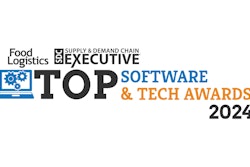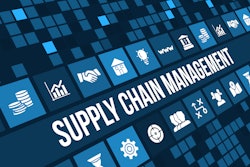
The growing importance of Mexico as a source of U.S. imports, sustainability and the electrification of trucking, California’s AB5 bill and freight fraud rank as the top trends and challenges for North American transportation, according to a new Transporeon report released by Trimble.
“We are confident this report will be a valuable resource for shippers and carriers at a time when the industry acknowledges it has been bumping along the bottom for a long period,” says Ed Moran, managing director, Americas, Transporeon. “By recognizing important trends and identifying how such trends might support business growth, all parties can proactively exploit collaborative digital tools that meet the demands of shippers and carriers alike.”
Key takeaways:
- The current state of North America's truckload sector — low demand and ample capacity — have created challenges for carriers. The report highlights the complexity of demand sources contributing to a decline in trucking load requests and discusses the necessary capabilities to compete in the rapidly evolving truckload market.
- Driven by the combination of global geopolitical volatility and sustainable emissions goals, the continuing growth of nearshoring is identified as a key trend for truckload-related businesses. As Mexico surpasses China as the leading source of goods imported into the United States, 88% of small to medium-size supply chain businesses plan to migrate partially to suppliers closer to the United States, while 45% plan to switch all of them.
- An April survey found that 48% of respondents experienced cargo theft or freight fraud in the past year.
- Hurdles such as mileage range and charging infrastructure are among the limitations preventing fleets from greater adoption of electric vehicles.
- Driver shortage is an ongoing challenge for carriers and logistics service providers (LSPs). Costs have the potential to rise further following the enactment of AB5 in California, which mandates reclassifying many independent contractor drivers as employees, requiring trucking companies to pay additional benefits and payroll taxes. The possibility of similar legislation spreading to other states could further exacerbate these challenges.


















